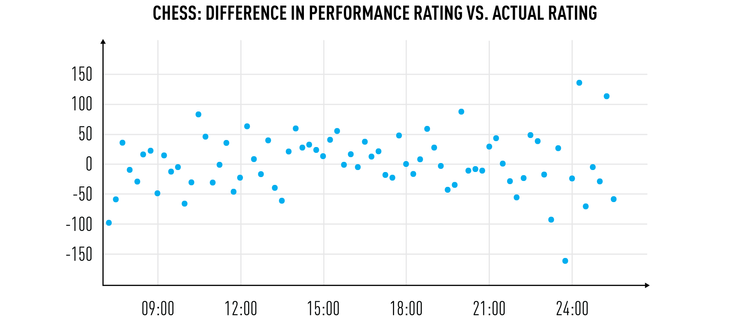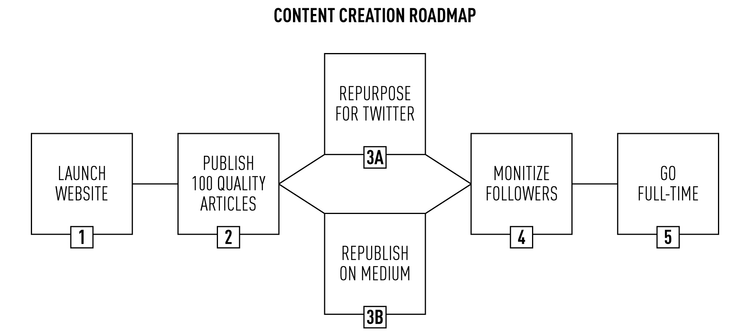What I Wish I Knew Before Running 2300+ Kilometers
I am not a runner, but I run.
Over the past 8 years, I've clocked in several thousand kilometers, ran 7 half-marathons and one full marathon. Here's what I wish I knew before starting this whole running journey.

1. Cardio does not kill gains, however...
Cardio does not kill gains, but it does impact your total training capacity. Ultimately, our bodies are only capable of recovering from a certain amount of training. Anything beyond that, is useless or even detrimental to progress. Now most people aren't anywhere near their total training capacity, in which case cardio will not impact their gains. If however, you find that you're struggling to adequately recover from your workouts, then perhaps you should back off on your total training volume.
2. Run slow, run far
A key to becoming a successful runner, is to clock in a lot of kilometers. The only way that this is physically possible, is to slow down your tempo. Running coaches often emphasize that it is much better to run slow and far, than run fast and short. I used to kill myself on every run like it was a PR attempt. Now I usually run at a slow and comfortable tempo and that has helped me tremendously. The main benefit is simply that I am clocking in a lot more kilometers. Another benefit is that a slow run energizes me, whereas a PR attempt always leave me needing sleep.
3. Being young is a cheat code
There has been a meaningful difference between when I ran as a teenager, vs when I now run as a twenty-something. One difference is that I used to play a lot more sports, so I was naturally running a lot more as a teenager. Another key difference is simply bodyweight:

Obviously, the more you weigh, the slower you'll run, because you have to carry more weight. For me, even though the majority of my weight gain was muscle, and I am still in very good shape, it was surprising to me how much it would impact my running abilities. Now, I am still relatively young, so I still benefit from being able to recover quite fast.
4. Improvement requires a lot of running
Even though I have clocked in 2000KMs in the past five years, my VO2 max has barely improved, from 53.1 to 54.5.

One thing that is genuinely surprising to me, is data on runner's weekly average kilometers before marathons. The average for a sub 4-hour finisher, is right around 65 kilometers (~40 miles) per week. I am certainly not running that type of mileage, even though I ultimately plan on completing a triathlon. Here's my rough roadmap for that journey:





